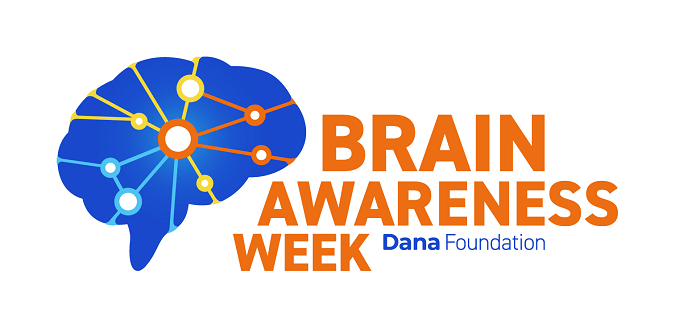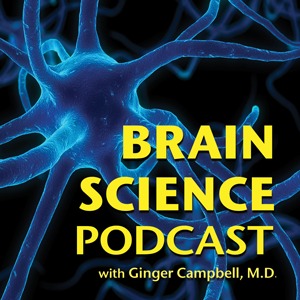Posts Tagged ‘podcast’
Seven brain teasers and a neuroplasticity podcast to celebrate Brain Awareness Week 2021
Brain Awareness Week 2021 takes place next month. Why not start celebrating now by challenging our minds and discussing the latest about lifelong neuroplasticity? Here’s a selection of seven stimulating brain teasers that readers enjoyed the most in 2020:
Read MoreBrain Science Podcast features Alvaro Fernandez on brain fitness
We are honored that the Brain Science Podcast devoted its special 100 episode to an in-depth interview with Alvaro Fernandez, discussing the new book The SharpBrains Guide to Brain Fitness: How to Optimize Brain Health and Performance at Any Age (April 2013; 284 pages). As Dr. Ginger Campbell, the program host, says, “Brain Fitness should not just be…
Read MoreBrain Science: “Brain Rules” Podcast
We are fans of the Brain Science Podcast series hosted by Ginger Campbell, so are pleased to announce that Dr. Campbell will start offering to SharpBrains readers, periodically, the highlights of her most interesting podcasts. Below, her first post. Enjoy! — Alvaro ———– In a recent interview on the Brain Science Podcast, Dr. John Medina, author…
Read MoreThe Alfred Nobel legacy: 2007 Nobel Prizes
In 1895, this will by Alfred Nobel created the Nobel Prizes. One page worth reading, with this core paragraph: “The whole of my remaining realizable estate shall be dealt with in the following way: the capital, invested in safe securities by my executors, shall constitute a fund, the interest on which shall be annually distributed…
Read More10 Highlights from the 2007 Aspen Health Forum
The Aspen Health Forum gathered an impressive group of around 250 people to discuss the most pressing issues in Health and Medical Science (check out the Program and the Speakers bios), on October 3–6th. It was the first conference, by the way, where I have heard a speaker say: “I resuscitated a woman yesterday”. Key…
Read More

